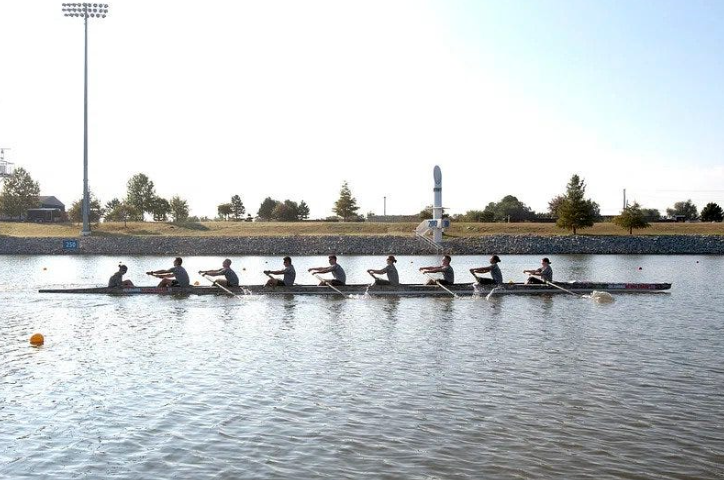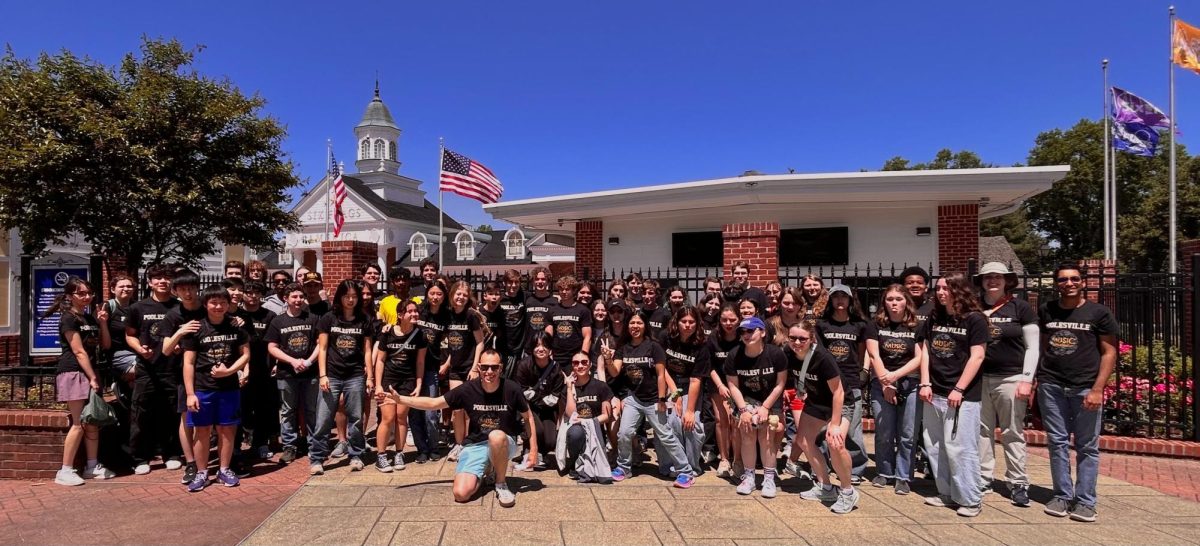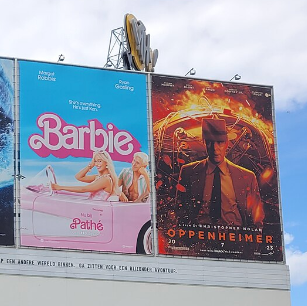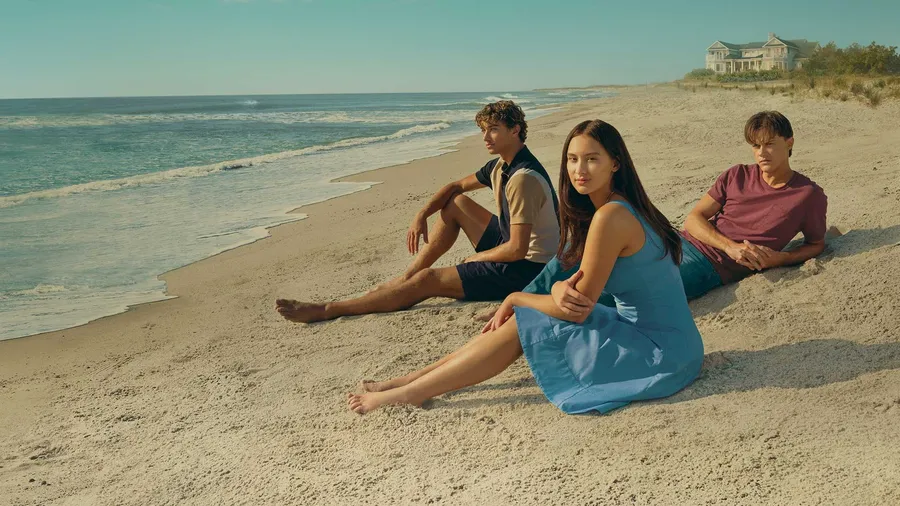On Dec 25, 2023 the movie adaptation of Daniel James Brown’s The Boys in the Boat was released into theaters. This film captures the success of the US Men’s rowing team in the 1936 Olympics in hopes of recognizing their improbable victory and realizing the vision of the author who was enthralled by the rowers’ story.
Directed by George Clooney and starring Callum Turner from the Fantastic Beasts movies, this film became popular in circles beyond the athletes and historians that had a connection with the plot and garnered an audience with the pop culture demographic. However, the viewership or acclaim was not what attracted Daniel James Brown, the author of the novel, to the story.
Brown was inspired to write a novel chronicling the experience of the US rowing team to showcase the background of the team members after an interview with Joe Rantz, one of the rowers. In an interview with the Urban Land Institute, Brown claimed, “I fell into the story that day [and] I couldn’t get it out of my mind.”
The American team was composed of university students who all came from working class backgrounds sourced from small towns littered throughout Washington State. These towns had been damaged by the Depression where for most adolescents higher education was their only ticket to success and economic stability.
While the movie touches on the economic obstacles the rowing team faced, most notably when the town of Washington coordinated to fund their travel to the 1936 Olympics in Berlin, it also discusses the state of American society at the time.
In 1936, just three years before World War II officially began, the rowing team faced backlash and protests from Americans who objected to the unjust treatment and oppression of the Jewish. In fact, war was brewing in Europe and Hitler intended to use the expected victory at the Olympics to bolster the standing of Germany in Europe and demonstrate the power of Germany internationally.
The Berlin Olympics have since been referred to as war propaganda for the Nazi Party by historians. A presentation published by the University of Northern Colorado maintains that, “…the Olympics served as a distraction from the violations of the terms of the Treaty of Versailles.” This increased tension with the United States as many athletes were victim to unintentionally fueling Hitler’s campaign by praising the cordiality of Germany as the hosts of the event.
Not only was diplomatic relations tense, but the team had to reconcile with doubt from their state and their country as a junior varsity rowing team which had not won a national title for several years. In addition, the rowers were struggling through hardships of their own.
Poolesville Sophomore Neha Venkat is a rower who has watched the film. Venkat indicates that the movie did well in balancing the focus between the development of the rowing team and the individual stories of the rowers; specifically with Rantz. Rantz is the 7th seat rower, which is a pivotal position for the team as it is closest to the coxswain—a necessary position for providing strength and momentum. While other members of the team were motivated by the purely economic benefit, Rantz was rowing to pay for his college tuition.
“I assumed that watching the movie would bring on the same joy and stress that arrived with being there to view the changes in a lower level collegiate rowing team to prepare for the olympics!” said Venkat. “It was extremely moving to see the relationships between each of the boys being built, even when there were times of anger and mistakes. I was extremely moved by the pure dedication they had to proving their worth on the worldwide stage.”





















